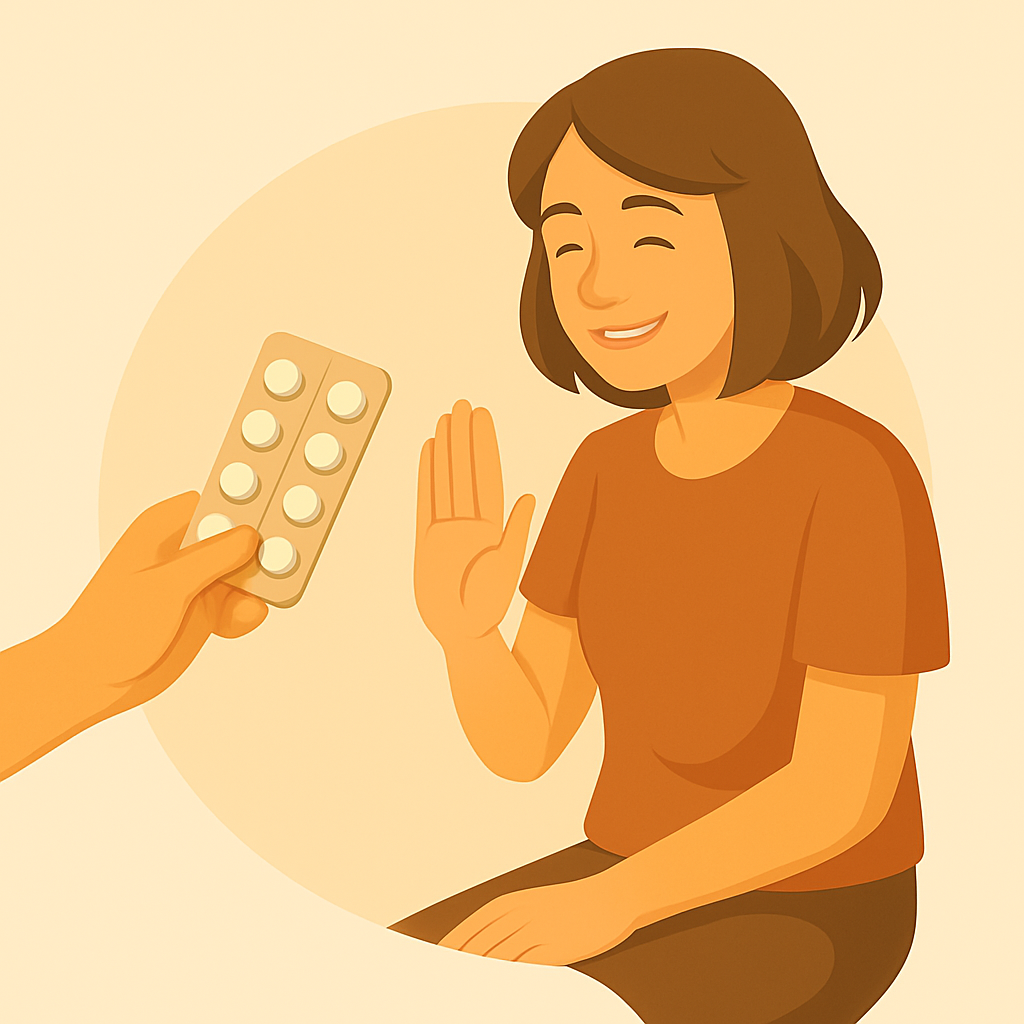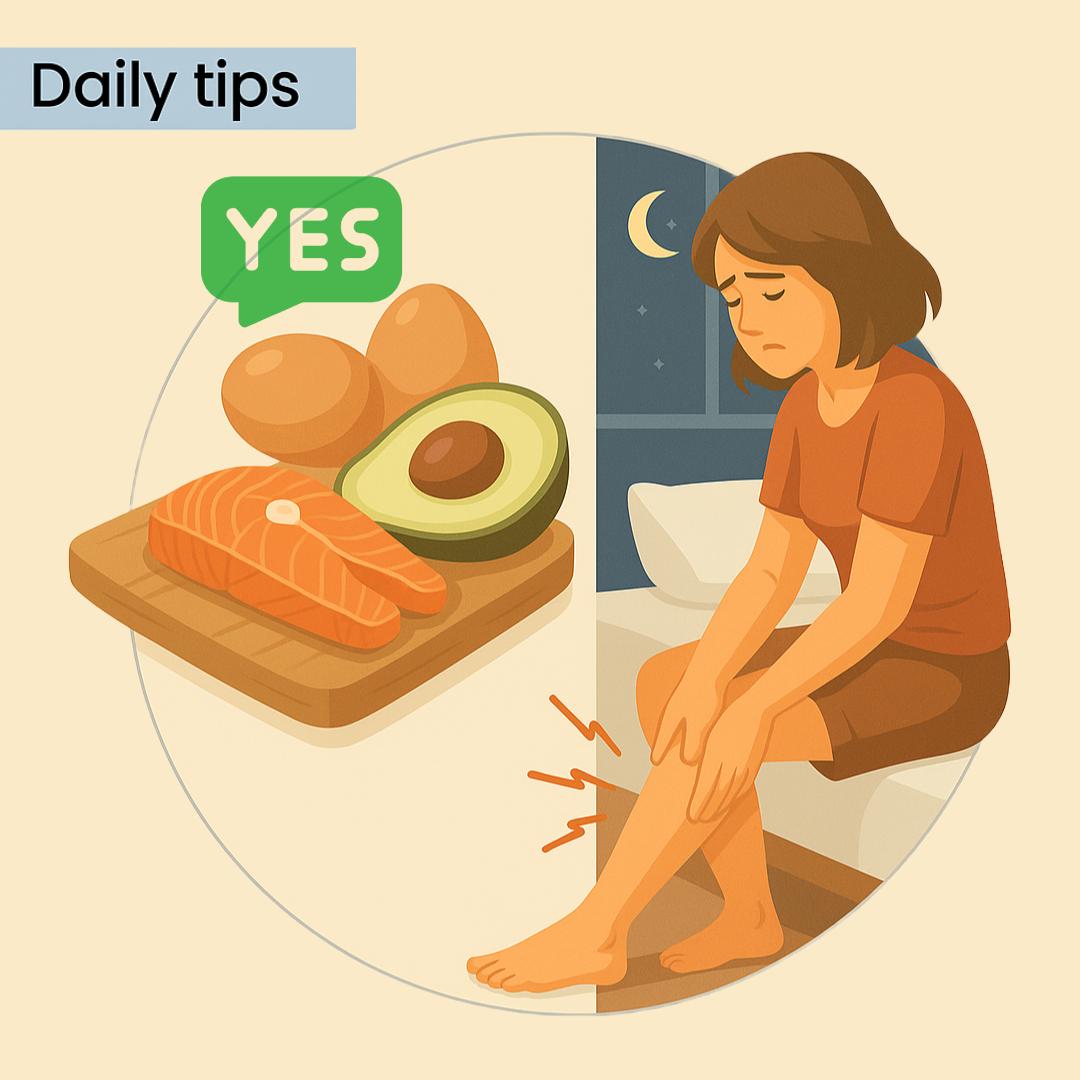Old wives tales ease Restless Legs Syndrome (RLS)
Many people with Restless Legs Syndrome (RLS) come across old wives' tales about what causes it and how to treat it. From advice about eating certain foods to strange bedtime rituals, these traditional myths and superstitions have been passed down for generations. While some are harmless folklore, others may hold a small piece of truth. On this page, we explore the most common old wives' tales about RLS, separating myth from fact.
These remedies are based on traditional beliefs and may not have scientific backing, but many people find them helpful. This list aims to ease Restless Legs Syndrome (RLS).
Popular Old Wives' Tales and Home Remedies for Restless Legs (RLS):
Soap under the sheets – One of the most famous old wives' tales for restless legs suggests placing a bar of soap under the bed sheets to reduce nighttime discomfort.
-
Tonic water – Some people drink tonic water with quinine as a traditional remedy believed to calm restless leg symptoms.
-
Hot water bottle – Applying a hot water bottle or heating pad to the legs is thought to ease discomfort and relax muscles before sleep.
-
Apple cider vinegar – A common home remedy for RLS, drinking a small amount of apple cider vinegar mixed with water is believed to improve circulation.
-
Mustard – Eating a teaspoon of yellow mustard is an unusual but often-mentioned folk remedy for restless legs.
-
Lavender oil – Sprinkling a few drops of lavender essential oil on the pillow is said to promote relaxation and better sleep.
-
Baking soda – Some claim that mixing a small amount of baking soda with water before bedtime can reduce leg restlessness.
-
Hydration – Staying well-hydrated is often recommended, as dehydration may trigger or worsen restless leg symptoms.
-
Epsom salt bath – Taking a warm Epsom salt bath before bed is a soothing natural remedy believed to relax muscles and ease RLS discomfort.
-
Bananas before bed – Eating a banana at night is thought to help because of its magnesium and potassium, nutrients linked to muscle health.
This article is a combination of my personal experiences and AI-generated content. While the insights shared are based on my journey with Restless Legs Syndrome (RLS), parts of the text were assisted by AI to enhance clarity and structure. Please note, I am not a doctor, and the information provided should not be taken as medical advice. Always consult a healthcare professional for guidance on managing RLS or any other medical condition.




